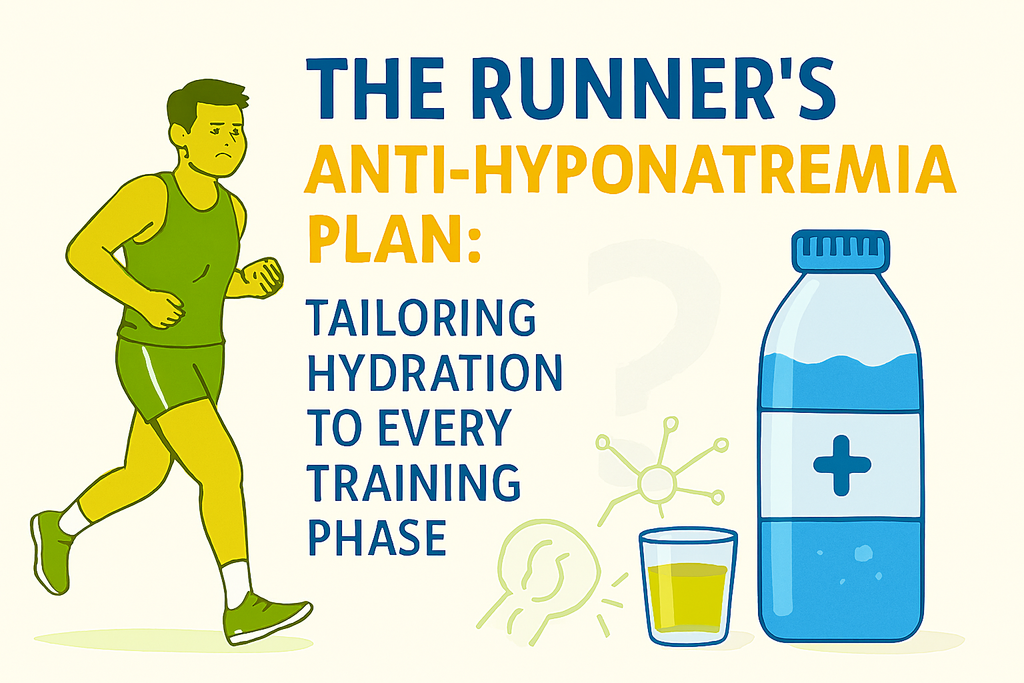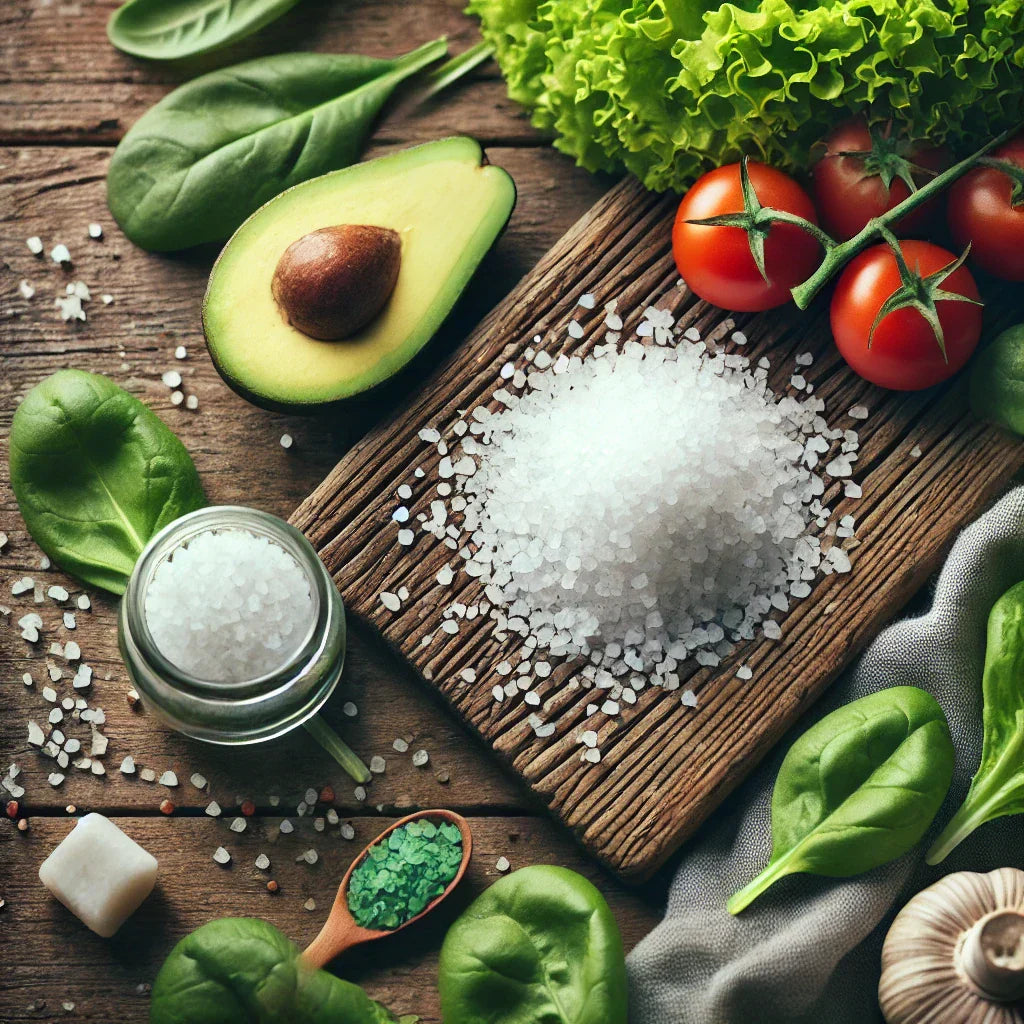News — hyponatremia
The Runner's Anti-Hyponatremia Plan: Tailoring Hydration to Every Training Phase
endurance running hyponatremia runner hydration
Hyponatremia, often called water intoxication, is the silent danger in endurance running. It occurs when a runner drinks too much plain water or low-sodium sports drinks, diluting the vital sodium concentration in the blood—a risk often greater than dehydration itself. The consequences can range from confusion and severe headache to life-threatening cerebral edema.
This comprehensive guide provides The Runner's Anti-Hyponatremia Plan, moving beyond generic advice to scientifically sound, phase-based hydration. Learn how to perform a personalized **sweat rate test**, understand the critical **sodium concentration** needed in your race-day drinks, and implement pre-race strategies to ensure you maintain the delicate balance between fluid and electrolytes, all while supporting your body's energy pathways with foundational nutrients like Vitamin B1 Liquid Drops.
What is Sodium Chloride and How Does it Affect Your Health?
benefits of sodium electrolyte balance electrolyte management fluid balance healthy sodium intake high blood pressure hyponatremia low sodium diet salt and heart disease salt and hypertension salt health effects salt in processed foods sea salt vs table salt sodium chloride sodium deficiency sodium health risks sodium in sports sodium intake sodium research what is sodium chloride
Sodium chloride, more commonly known as table salt, is a mineral that plays an essential role in the human body. From maintaining fluid balance to aiding nerve function, sodium chloride is indispensable for health. However, as with many things in life, too much or too little can quickly tip the balance from beneficial to harmful. Understanding this common yet powerful compound is key to making informed health decisions.
Today, sodium chloride is found not just in salt shakers but also in processed foods, sports drinks, and even intravenous therapies in hospitals. While our bodies require a certain amount to function optimally, excessive intake is linked to a range of health concerns, from high blood pressure to cardiovascular disease. Let’s take a closer look at what sodium chloride really is, why it's crucial for health, and how to strike the right balance in your daily diet.


